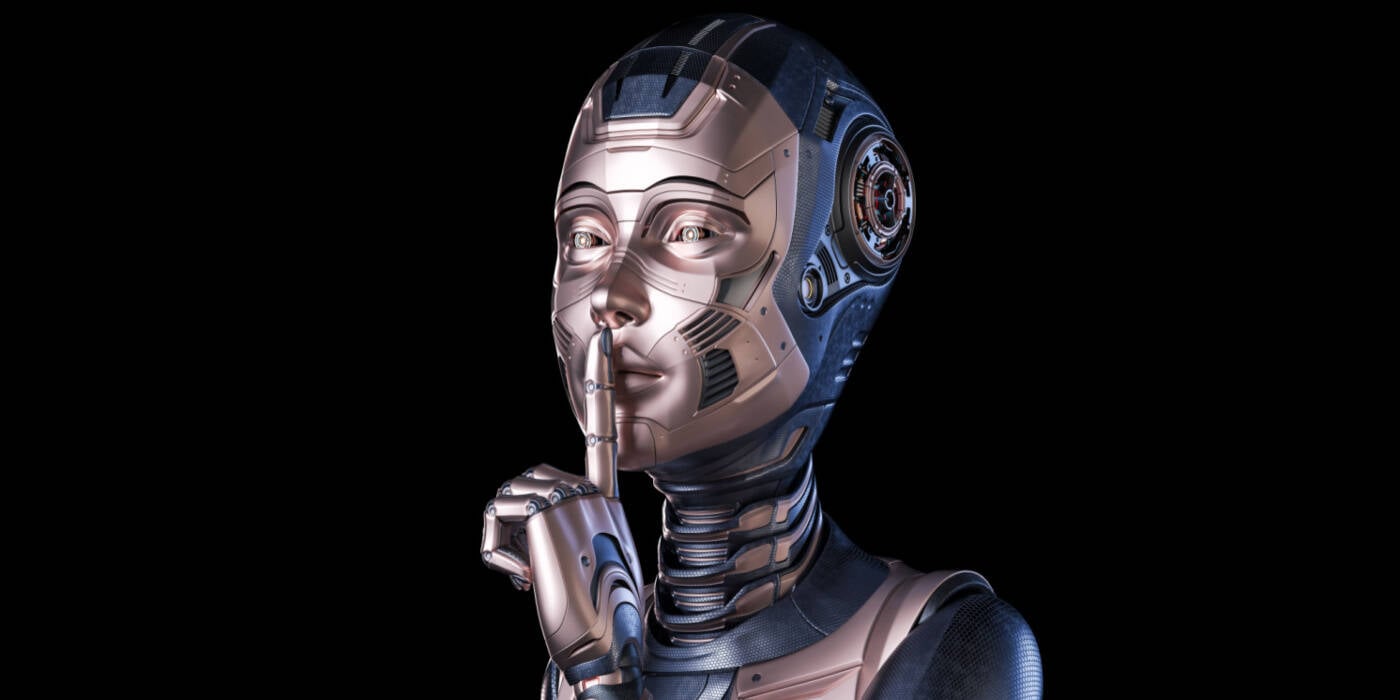Weren’t there literally already layoffs in various industries because of AI (quick search yields several articles from the past year)? And even if there somehow hadn’t been yet, that’s obviously the goal with this shit – cut human labor costs to save money.
If you actually read the article you’ll see that it’s discussing a study showing that AI in its current form is not capable of replacing human labor.
As if that will stop them from trying
Capitalist companies exist to make profit for their owners. The hype phase is now starting to die down because we’re getting more and more hard data from companies that bought into the hype.
Tell that to my brother who lost his job to AI.
The economists found for example that “AI chatbots have created new job tasks for 8.4 percent of workers, including some who do not use the tools themselves.”
In other words, AI is creating new work that cancels out some potential time savings from using AI in the first place.
“One very stark example that it’s close to home for me is there are a lot of teachers who now say they spend time trying to detect whether their students are using ChatGPT to cheat on their homework,” explained Humlum.
He also observed that a lot of workers now say they’re spending time reviewing the quality of AI output or writing prompts.
Humlum argues that can be spun negatively, as a subtraction from potential productivity gains, or more positively, in the sense that automation tools historically have tended to generate more demand for workers in other tasks.
“These new job tasks create new demand for workers, which may boost their wages, if these are more high value added tasks,” he said.

The lightening of the labour, even, becomes a sort of torture, since the machine does not free the labourer from work, but deprives the work of all interest. Every kind of capitalist production, in so far as it is not only a labour-process, but also a process of creating surplus-value, has this in common, that it is not the workman that employs the instruments of labour, but the instruments of labour that employ the workman.
— Capital Volume 1, Production of Relative Surplus Value\Machinery and Modern Industry\Section 4: The Factory
But also …

Feeding unrealistic hopes about the information and communications technology (ICT) sector representing an economic transformation as thoroughgoing as electricity or the internal combustion engine, and an economic boom to match the ones they created – a ‘once in a century acceleration of innovation’ and ‘veritable shifts in the tectonic plates of technology’ (Fleckenstein, 2008: 81–4) – Greenspan began to advance the view that a new economy was emerging, and a ‘productivity miracle’ ongoing which the data did not reveal. In riding on it, the stock market was riding on so much hot air.
[…]
the need to protect market share against competitors … computers are used extensively to provide information aimed at taking customers, profits, or capital gains away from other companies. This is a zero-sum game involving redistribution of wealth rather than the increase of wealth, yet each individual firm has a strong incentive to make computer investments that, if they do not snatch wealth away from someone else, at least act as a defensive blockade against a hostile attack.
(Gordon, 2000: 69)
In addition to enabling firms to fight for market shares in the zero-sum game the long downturn necessitated, computers could also increase control over inventories and employees, and financial institutions were able to determine the distribution of income and wealth. Jeff Madrick mused, more optimistically, that those looking to ICT to yield productivity increases were barking up the wrong tree. It might be that it was leading to
a high-technology version of a crafts economy, based on worker skills, thinking, and inventiveness, rather than on the muscle of large-scale factories and distribution networks … [which] … may simply not be able to remove human beings from the production process as rapidly as the old standardized economy of the mass production age.
(Madrick, 1998)
— Geopolitical Economy, Centripetal Finance, Hidden Productivity Miracle
And here we sit at the precipice of factorization of the “high-technology version of a crafts economy”.
I think the comparisons with the industrial revolution are very apt. We basically had a set of jobs that remained largely artisanal in nature until now, and we’re entering the stage of automation that’s starting to encroach in these domains. Exact same mechanic is playing out now as we saw play out with industrial automation becoming mainstream.
I don’t believe them.
Many of these occupations have been described as being vulnerable to AI: accountants, customer support specialists, financial advisors, HR professionals, IT support specialists, journalists, legal professionals, marketing professionals, office clerks, software developers, and teachers.
Non creative jobs that don’t make anything new and just follow set decision paths and templates. Okay, that makes sense.
The problem isn’t that workers are avoiding generative AI chatbots - quite the contrary. But they simply aren’t yet equating to actual economic benefits.
Meaning, an accontant forgot the specifics of a particular way to account for a transaction and instead of using Google.com to look for an answer… or an accountant specific reference manual… or a senior coworker… or call a government tax office… they direct their question to an AI chatbot. The AI chatbot being the most expensive (for the moment) and least reliable means of answering the question.
The economists found for example that “AI chatbots have created new job tasks for 8.4 percent of workers, including some who do not use the tools themselves.”
In other words, AI is creating new work that cancels out some potential time savings from using AI in the first place.
So an accountant needs some clarfication about some accounting thing, uses the AI chatbot to get “an” answer, then needs to… use Google.com … or an accountant specific reference manual… or a senior coworker… or call a government tax office… to verify that the AI chatbot’s answer is complete and correct.
“These new job tasks create new demand for workers, which may boost their wages, if these are more high value added tasks,” he said.

“You would get paid more money to use the spell checker at work”, said no employer, ever.
wages and productivity, stats that are famously still correlated with each other
Non creative jobs that don’t make anything new and just follow set decision paths and templates.
This is meant as a joke, right?
Not meant to be a joke but also, on reflection, “non-creative jobs” is a really shitty way to describe those jobs.
On the other hand, I don’t think a job being “non-creative” should be considered derogatory. The wheels of society are greased by bureaucrats and sanitation staff, and the total human suffering averted by a person sanitizing doorknobs or what have you is significantly greater than whatever it is that programmers and mechanical engineers are doing all day (mostly bombs and the panopticon).
Lol
Very uplifting news. I think everyone here understands that AI is a tool that can be clunky and time-consuming to use, and can do pretty much no job on its own (even though it’s great for some types of research and stuff), but I was definitely worried that enough CEOs would believe otherwise for it to have a negative impact.
LLMs have been in the public consciousness a couple of years now, long enough to be sceptical of the"just wait a few more years and it will change everything" crowd. We should have at least started seeing some impact by now if that was the case.
I think everyone here understands that AI is a tool that can be clunky and time-consuming to use, and can do pretty much no job on its own (even though it’s great for some types of research and stuff)
Meanwhile

The google AI is the worst thing I’ve ever seen. I blocked it with ublock because it can’t ever get anything right.
We are starting to see impacts. At least in my field (medicine,) AI scribes are allowing for the replacement of human scribes, decreasing physician workload, increasing documentation detail, and is allowing physicians to capture more of what they did in their billing.
Those last three words, “in their billing”, is the real terrifying part. The AI is only making easier the bit of the job that shouldn’t need doing in the first place.
I expect even FALGSC hospitals still need billing infrastructure, if only to account for all the MRI time and experimental hallucinogens.










